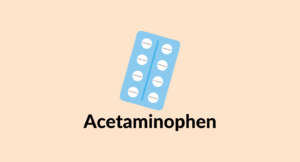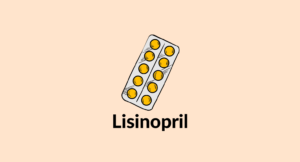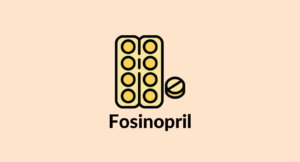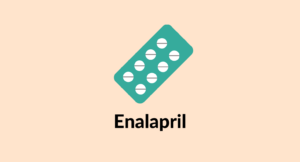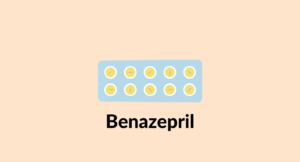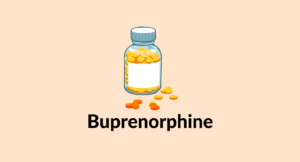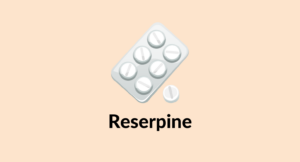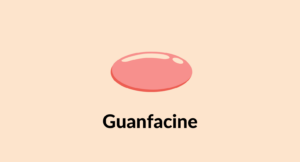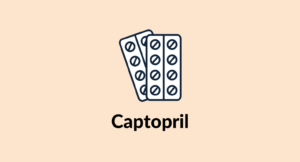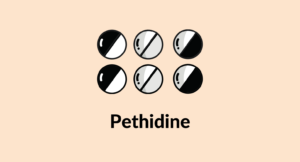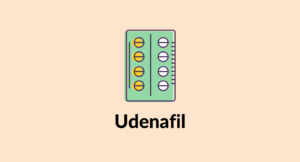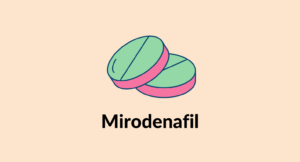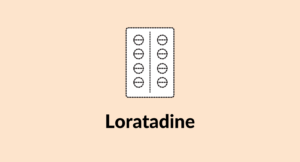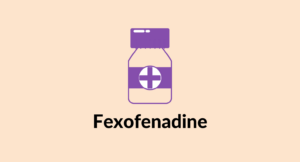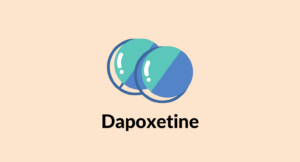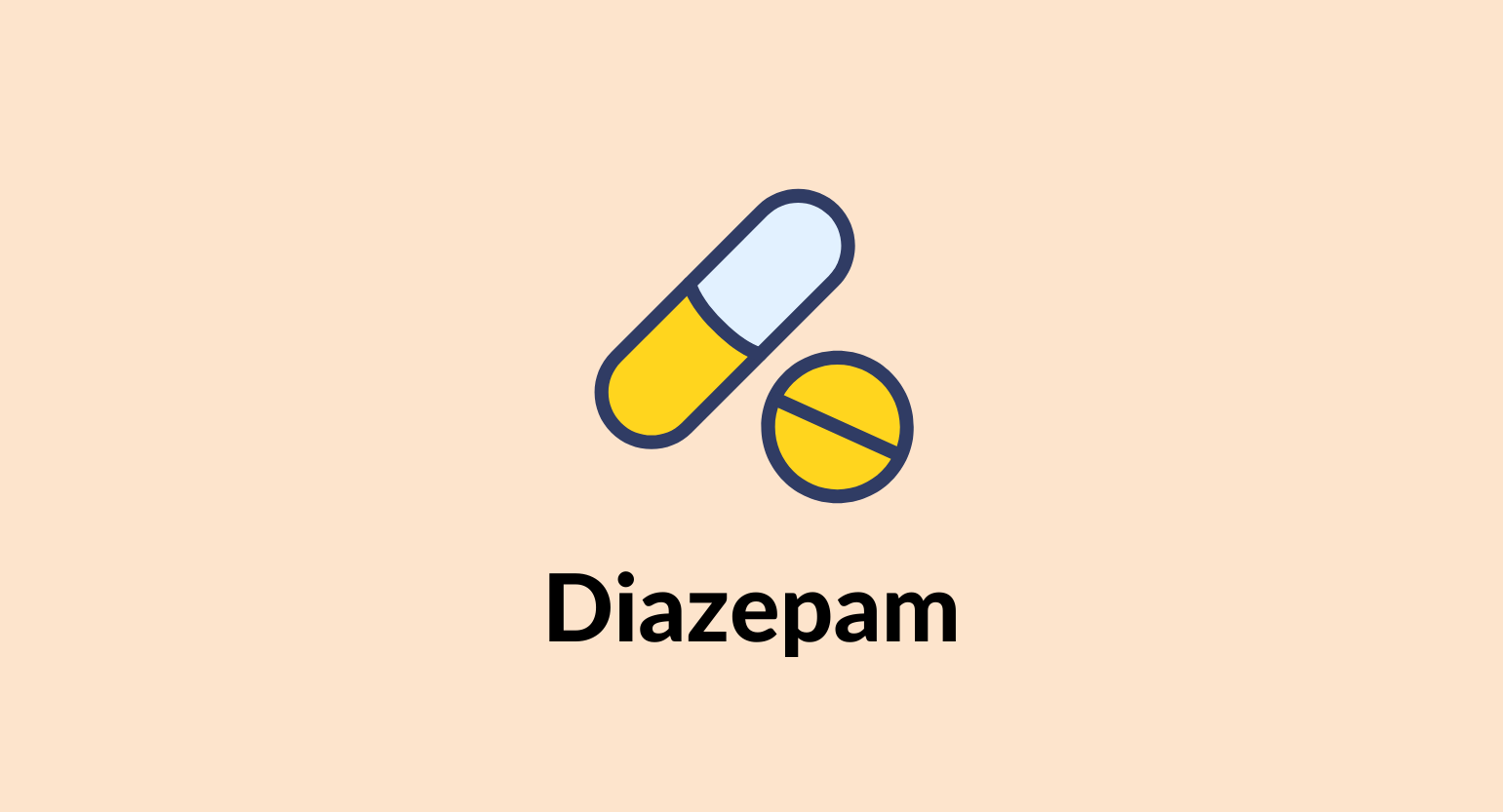
Does CBD Interact With Diazepam (Valium)?
CBD (cannabidiol) and Valium (diazepam) are both commonly used for treating anxiety & insomnia. What happens if the two are mixed? What are the risks?
CBD (cannabidiol) is considered a first-line treatment for anxiety and insomnia.
It’s a stepping stone people often reach for before moving up to stronger prescription medications such as diazepam (Valium).
Some users even report taking both prescription anxiolytics and CBD together for stronger effects.
But is this combination safe? What are the risks?
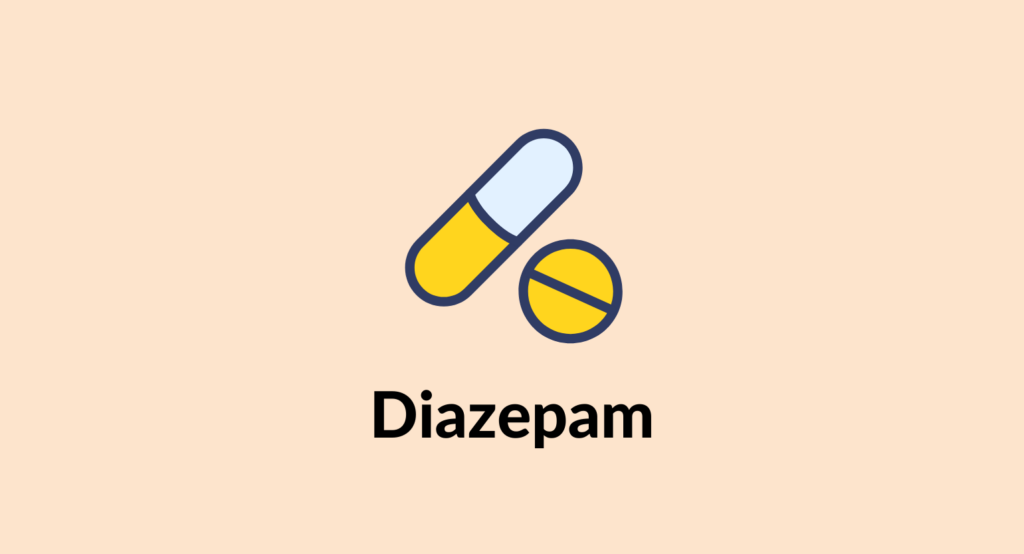
Does CBD Interact With Diazepam?
Yes, CBD may slow the breakdown of diazepam (Valium) and lead to an increased risk of side effects.
The level of risk associated with this combination is considered high. Both compounds suppress central nervous system activity, leading to increased risk of side effects that range from loss of executive function, sedation, loss of muscle coordination, and impaired judgment — all of which pose a significant risk to health.
CBD interacts with diazepam by two major pathways:
A) Slowed Elimination (Metabolic Competition)
Both CBD and diazepam are metabolized by the same liver enzymes (CYP2C19 and CYP3A4).
When CBD and diazepam are used together, CBD competitively inhibits the metabolism of diazepam and slows down its elimination. This means diazepam remains in the body for longer periods of time.
For single doses, this is unlikely to result in significant risk. However, because diazepam is used on a recurring basis, if the drug isn’t sufficiently metabolized before the next dose, it could lead to a gradual increase in serum concentrations. Eventually, serum levels may exceed safe thresholds, resulting in serious side effects.
Moderate increases in serum concentration of diazepam can lead to side effects like dizziness, drowsiness, headache, confusion, and impaired thinking.
B) Increased Effect (Agonistic Interaction)
CBD exerts anxiolytic effects through the GABA receptors that have inhibitory effects in the brain [1]. CBD may also contribute to similar inhibitory effects through GABA and other neuroregulatory pathways [2,3].
Diazepam also acts through a similar mechanism that involves positive allosteric modulation of the GABA receptors to exert its anxiolytic effects.
Since both CBD and diazepam act through a similar mechanism, when they are taken together, this mechanism may enhance the effects of both drugs. This interaction can lead to severe side effects of both CBD and diazepam and act synergistically to cause toxicity with symptoms like drowsiness, dizziness, confusion, diarrhea, nausea, impaired thinking, decreased appetite, hypotension, and coma.
Similar Medications: CBD & Benzodiazepines
Diazepam belongs to the benzodiazepine group of drugs. CBD and all benzodiazepines share a similar risk for interaction and side effects.
Here’s a list of similar medications that share a similar level of risk when combined with CBD:
- Alprazolam (Xanax)
- Chlordiazepoxide (Librium)
- Clonazepam (Klonopin)
- Clorazepate (Tranxene)
- Estazolam (Prosom)
- Flurazepam (Dalmane)
- Lorazepam (Ativan)
- Midazolam (Versed)
- Oxazepam (Serax)
- Temazepam (Restoril)
- Triazolam (Halcion)
- Quazepam (Doral)
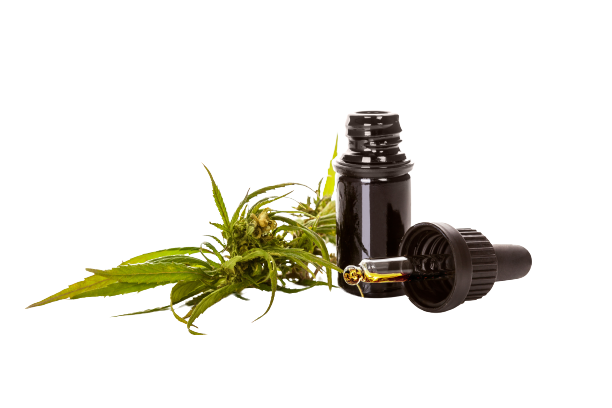
Is It Safe To Take CBD And Diazepam?
No, it is not advisable to take CBD and diazepam together.
Their interaction may be moderate to severe in nature when taken together. CBD increases the serum concentration of diazepam and leads to unwanted side effects. Also, since CBD and diazepam share a similar mechanism of action, their use together increases the effects of both that can be life-threatening.
With better clinical trials and understanding of this interaction between CBD and diazepam, CBD can be used together with diazepam to decrease the therapeutic dose of diazepam for people using diazepam who experience adverse effects with close monitoring.
It’s always advised to consult with your physician before taking CBD with diazepam or any similar drug to avoid potential risks.
Is CBD A Viable Alternative To Diazepam?
Yes, CBD is often used as an alternative to diazepam for the treatment of anxiety [4], epilepsy [6,7], panic attacks, insomnia, and muscle spasticity. It’s mostly used as an off-label product in patients who fail to respond to other therapies or among patients who want to try natural solutions before turning to prescription medications.
A double-blinded placebo-controlled trial was conducted in Japanese adolescents with a social anxiety disorder for a four-week period. The participants were divided into two groups, the first group received CBD, and the second group was given a placebo. The CBD group demonstrated a significant reduction in anxiety levels, indicating CBD could be used as an alternative as an anxiolytic [5].
CBD use has currently been approved only for use in children aged two or older suffering from Lennox-Gastaut syndrome and Dravet syndrome, both of which are seizure disorders.
It’s currently under investigation for potential use in various psychiatric disorders, alcohol withdrawal, neurodegenerative, inflammatory, and cancerous diseases.
However, further evidence-based on specific clinical trials with diverse cohorts will be required before we can recommend CBD as an alternative to diazepam.
What Is Diazepam?
Diazepam is classified as a benzodiazepine drug. It’s available in various forms like oral tablets, oral solutions, nasal sprays, rectal gel, and IV and IM injectables.
Compared to other benzodiazepines, diazepam is a fast-acting yet long-lasting drug. When given through an intravenous route, diazepam acts within 1-5 minutes, and the oral route takes 15-30 minutes.
Its duration of action is roughly 12 hours. As it’s lipid-soluble, it can cross the blood-brain barrier, the placenta and is excreted in breast milk.
Diazepam Specs:

| Drug Name | Diazepam |
| Trade Name | Valium, Diastat, Valtoco |
| Classification | Benzodiazepine |
| CYP Metabolism | CYP3A4 & CYP2C19 |
| Interaction With CBD | Metabolic Competition & Agonistic Interaction |
| Risk Of Interaction | High |
What Does Diazepam Do?
Diazepam acts as a positive allosteric modulator of GABA type A receptors.
GABA-A is a pentameric ligand-gated chloride selective ion channel that is mainly activated by GABA, an inhibitory neurotransmitter in the brain and the spinal cord.
The binding of GABA to the GABA-A receptor leads to reduced excitability of the neurons. This produces the characteristic sedative and relaxing action of diazepam as well as other benzodiazepine drugs.
When diazepam binds to this receptor, it doesn’t replace GABA but lowers the threshold for GABA receptor activation and also promotes the binding of GABA to GABA-A receptors.
Diazepam is used for the treatment of the following conditions:
- Anxiety
- Panic attacks
- Vertigo
- Alcohol, benzodiazepine, and opiate withdrawal symptoms
- Muscle spasms
- Seizure disorders
- Symptomatic relief of agitation and tremors
Side Effects Of Diazepam
When used within the recommended dosage range, diazepam carries a relatively low risk of producing side effects. The most common side effects are drowsiness and sedation, but this is also considered one of its benefits.
However, when diazepam is mixed with other neuro inhibitory medications or alcohol, side effects become much more common and severe.
Common side effects of diazepam include:
- Drowsiness
- Dizziness
- Confusion
- Fatigue
- Irritability
- Headache
- Anterograde amnesia
- Sedation
- Nausea
Serious side effects of diazepam include:
- Depression
- Hypotension
- Bradycardia
- Reflex tachycardia
- Suicidal tendency
- Long term use can lead to tolerance, dependence, and withdrawal symptoms
- In patients with pre-existing respiratory problems, respiratory depression occurs
Who Should Avoid Diazepam?
Diazepam isn’t suitable for everybody. Certain underlying medical conditions, medications, or even patient age can make using diazepam much more dangerous.
The contraindications associated with diazepam (Valium) include:
- People with known hypersensitivity to diazepam or any other benzodiazepine
- Children under 6 months of age
- People with severe liver dysfunction
- People with severe renal dysfunction
- People with respiratory insufficiency or obstructive respiratory diseases (obstructive sleep apnea, COPD, asthma)
- People suffering from myasthenia gravis
- People suffering from open-angle and closed-angle glaucoma
- Pregnant and lactating women
- People suffering from depression and suicidal tendencies
- Use cautiously in elderly and very ill people
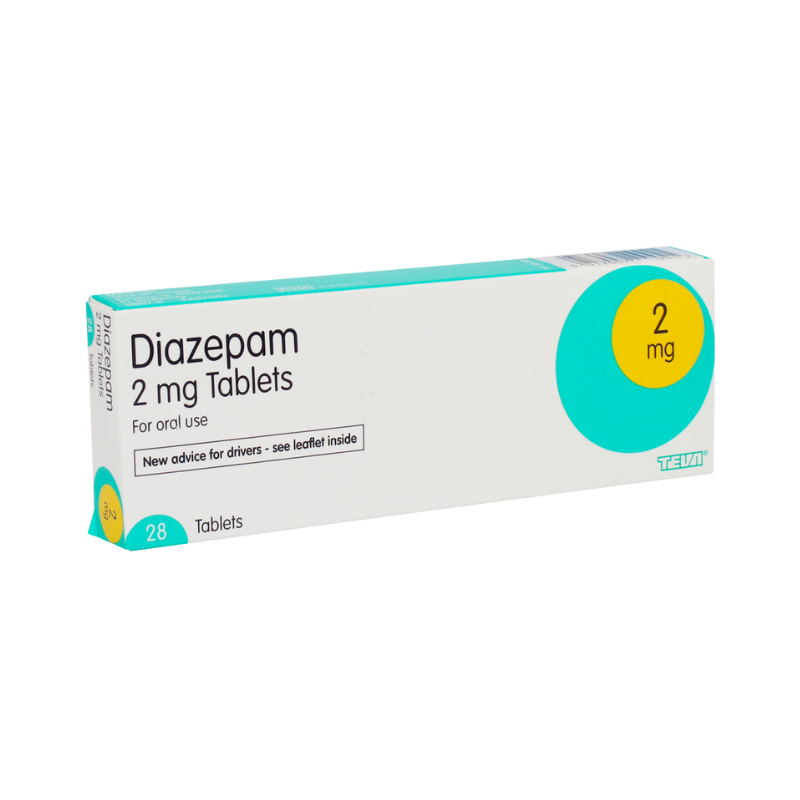
Key Takeaways: Is It Safe To Take CBD With Diazepam?
CBD and diazepam are not considered safe to use together. The safe dosage window of diazepam is relatively small and can lead to serious side effects if too much is used or if it’s combined with other medications or supplements that have a similar action.
Both substances have a strong neuro inhibitory effect, which means this combination could increase both the risk and severity of side effects — some of which require immediate medical attention.
Always speak to your doctor about CBD or other health supplements if you’ve been given a prescription for diazepam (Valium).
References
- Bakas, T., Van Nieuwenhuijzen, P. S., Devenish, S. O., McGregor, I. S., Arnold, J. C., & Chebib, M. (2017). The direct actions of cannabidiol and 2-arachidonoyl glycerol at GABAA receptors. Pharmacological research, 119, 358-370.
- Sigel, E., Baur, R., Rácz, I., Marazzi, J., Smart, T. G., Zimmer, A., & Gertsch, J. (2011). The major central endocannabinoid directly acts at GABAA receptors. Proceedings of the National Academy of Sciences, 108(44), 18150-18155.
- Blessing, E. M., Steenkamp, M. M., Manzanares, J., & Marmar, C. R. (2015). Cannabidiol as a potential treatment for anxiety disorders. Neurotherapeutics, 12(4), 825-836.
- Wright, M., Di Ciano, P., & Brands, B. (2020). Use of cannabidiol for the treatment of anxiety: a short synthesis of pre-clinical and clinical evidence. Cannabis and cannabinoid research, 5(3), 191-196.
- Masataka, N. (2019). Anxiolytic effects of repeated cannabidiol treatment in teenagers with social anxiety disorders. Frontiers in psychology, 10, 2466.
- Dhaliwal, J. S., Rosani, A., & Saadabadi, A. (2020). Diazepam. StatPearls [Internet].
Signup to our newsletter
Be the first to know about our newest arrivals and special offers!
